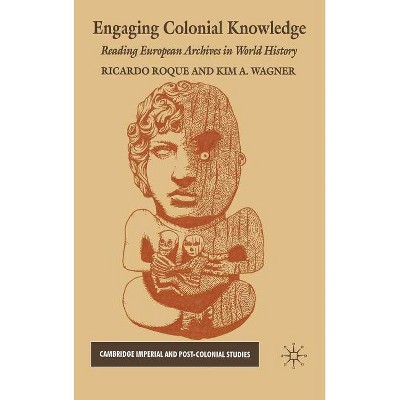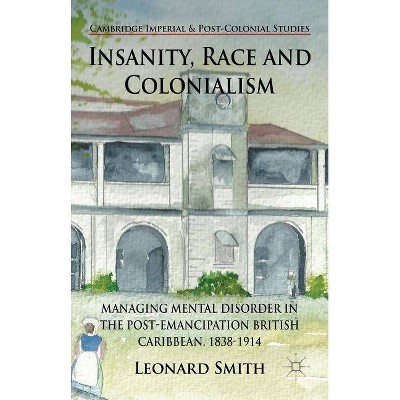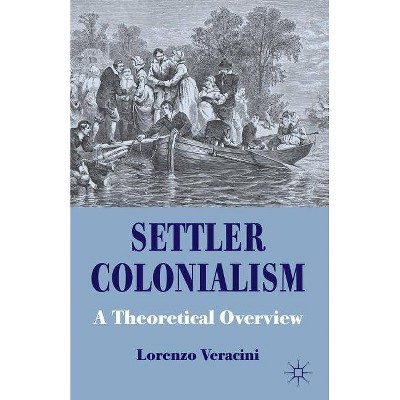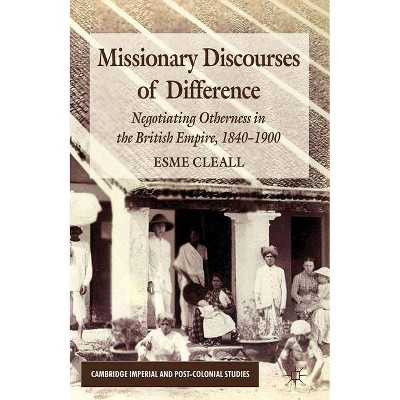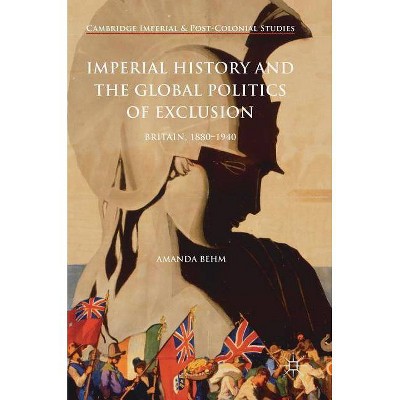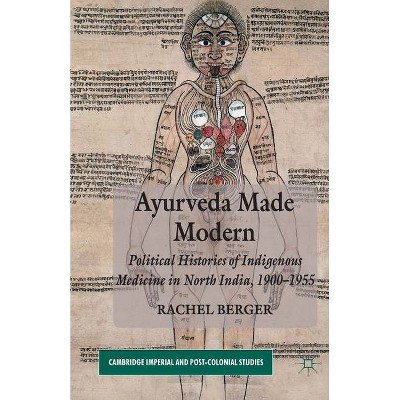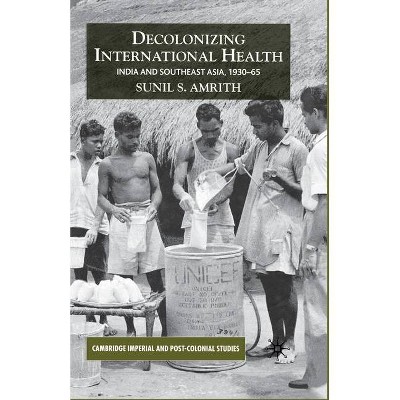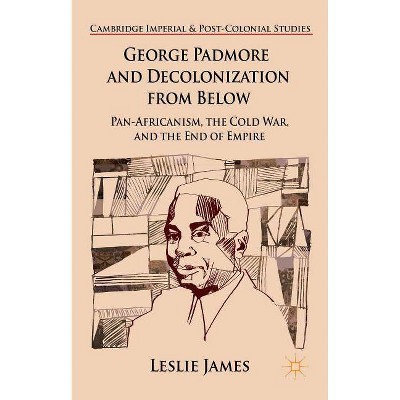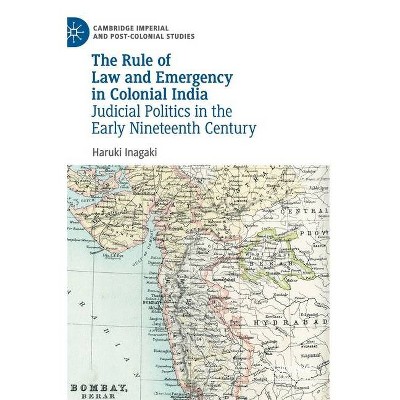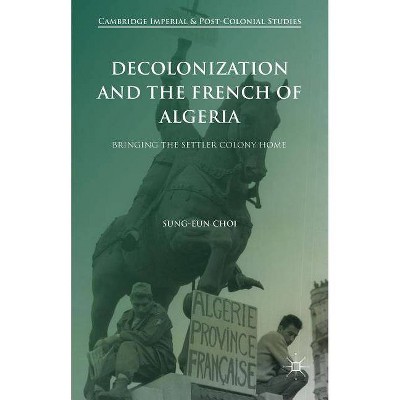Nigeria's University Age - (Cambridge Imperial and Post-Colonial Studies) by Tim Livsey (Hardcover)
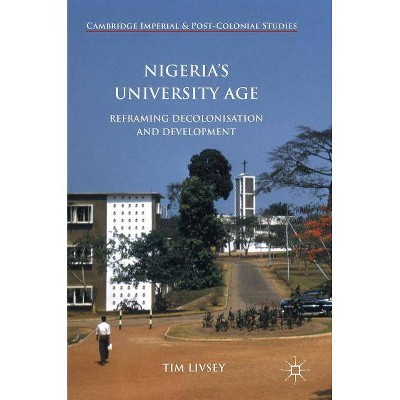
Similar Products
Products of same category from the store
AllProduct info
<p/><br></br><p><b> About the Book </b></p></br></br>"This book explores the world of Nigerian universities to offer an innovative perspective on the history of development and decolonisation from the 1930s to the 1960s. Using political, cultural and spatial approaches, the book shows that Nigerians and foreign donors alike saw the nation's new universities as vital institutions: a means to educate future national leaders, drive economic growth, and make a modern Nigeria. Universities were vibrant places, centres of nightlife, dance, and the construction of spectacular buildings, as well as teaching and research. At universities, students, scholars, visionaries, and rebels considered and contested colonialism, the global Cold War, and the future of Nigeria. University life was shaped by, and formative to, experiences of development and decolonisation. The book will be of interest to historians of Africa, empire, education, architecture, and the Cold War."--<p/><br></br><p><b> Book Synopsis </b></p></br></br>Chapter 1. Introduction. Nigeria's University Age.- Chapter 2. Imperial Frame: Universities and the West African Roots of Colonial Development.- Chapter 3. Paradoxes of Decolonisation: University College Ibadan and the Late Colonial State.- Chapter 4. Making Modern Space: Architecture and Decolonisation at University College Ibadan.- Chapter 5. An Incomplete Elite: Student Culture, Everyday Life and Decolonisation at Ibadan.- Chapter 6. Multilateral Negotiations: Nigerian Universities, the United States, and the Cold War.- Chapter 7. Breakdown: University Development and the Nigerian Crises.- Chapter 8. Conclusion.<br/><p/><br></br><p><b> From the Back Cover </b></p></br></br><p>This book explores the world of Nigerian universities to offer an innovative perspective on the history of development and decolonisation from the 1930s to the 1960s. Using political, cultural and spatial approaches, the book shows that Nigerians and foreign donors alike saw the nation's new universities as vital institutions: a means to educate future national leaders, drive economic growth, and make a modern Nigeria. Universities were vibrant places, centres of nightlife, dance, and the construction of spectacular buildings, as well as teaching and research. At universities, students, scholars, visionaries, and rebels considered and contested colonialism, the global Cold War, and the future of Nigeria. University life was shaped by, and formative to, experiences of development and decolonisation. The book will be of interest to historians of Africa, empire, education, architecture, and the Cold War. </p><p/><br></br><p><b> About the Author </b></p></br></br><p>Tim Livsey is Departmental Lecturer in African History at the University of Oxford, UK.</p>
Price History
Price Archive shows prices from various stores, lets you see history and find the cheapest. There is no actual sale on the website. For all support, inquiry and suggestion messages communication@pricearchive.us
